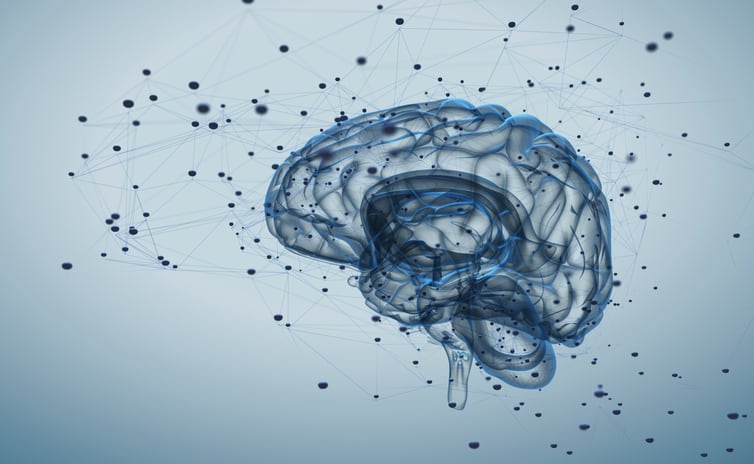Eight weeks of supplementation with probiotic strain Lactiplantibacillus plantarum HEAL9 was found to alleviate cognitive decline, prevent gut barrier impairment, normalize colonic motility and counteract accumulation of beta-amyloid, according to findings published in Food & Function.
The study, funded by Probi and performed by scientists from the University of Pisa, is the fifth study highlighting the effects of LPHEAL9 on the gut-brain axis.
“This is a significant milestone for Probi, as this newest study further elucidates our probiotic solution’s potential for individuals wanting to support their brain health throughout life,” said Anita Johansen, CEO at Probi AB.
“The commercial traction in this health area has been strong, and we are excited to further attract attention to our Gut-Brain offering. We remain dedicated to making the health-enhancing benefits of probiotics available to people everywhere and will continue to invest in research and development to support everyday health.”
Three earlier studies demonstrated significant improvements in coping with stress, cognitive function, mood, sleep and inflammation in individuals with mild depression or moderate to high stress. A fourth study, published earlier this year, showed that LPHEAL9 reduces inflammaging and enhances cognitive function in older adults.
Microbiota-gut-brain axis
The study adds to the ever-growing body of science supporting the role of the microbiota-gut-brain axis for cognitive function. This axis is a bidirectional interaction between the GI tract and the nervous system and implicates the ability of specific strains to produce key neurotransmitters like GABA (gamma-aminobutyric acid), serotonin and dopamine.
Consumer awareness of the axis is growing, with a 2021 survey by FMCG Gurus revealing that 45% of consumers associated probiotics with cognitive health.
Additional market data from Future Market Insights indicates that the market for probiotic supplements supporting mental health and wellness (“psychobiotics”) is predicted to grow by 44% over the next 10 years, from $140 million in 2023 to $202 million in 2033.
Study details
The new study was conducted on mice predisposed to develop Alzheimer's disease (SAMP8 mice), compared to control SAMR1 mice. The researchers divided each type of mice into two groups: One received 1 billion CFUs of LPHEAL9 or placebo for two months.
Results showed that LPHEAL9 significantly reduced cognitive impairment, decreased plaque formation in the brain and normalized intestinal barrier properties and pro-inflammatory markers at the stage where the mice are defined as having mild cognitive impairment.
“Decreased gut and brain inflammation in SAMP8 mice in the prodromal phases [the period between the first appearance of symptoms and full development of the disease] of AD [Alzheimer's disease] was also seen, proposed to be modulated by the microbiota-gut-inflammasome-brain axis,” the researchers wrote.
“Based on these findings, we propose that HEAL9 could represent a suitable therapeutical option for alleviating MCI [mild cognitive impairment] and AD, as well as related intestinal symptoms in the early stage of disease pathology.”
Source: Food & Function
Published online ahead of print, doi: 10.1039/D4FO02075H
“Lactiplantibacillus plantarum HEAL9 attenuates cognitive impairment and progression of Alzheimer's disease and related bowel symptoms in SAMP8 mice by modulating microbiota-gut-inflammasome-brain axis”
Authors: C. Di Salvo, et al.




